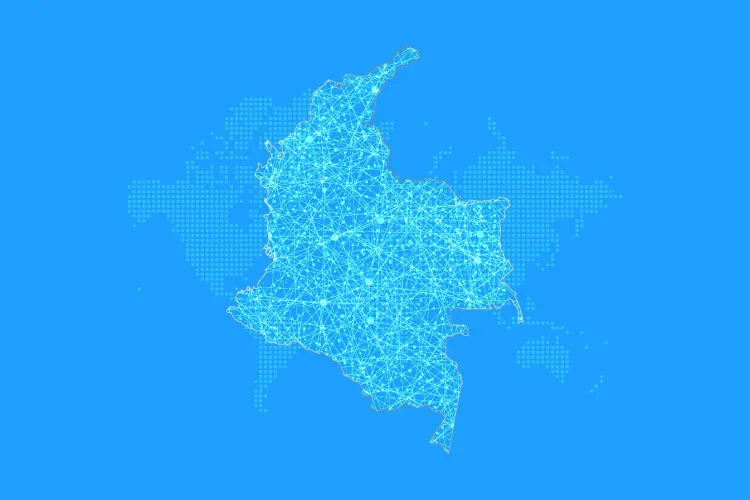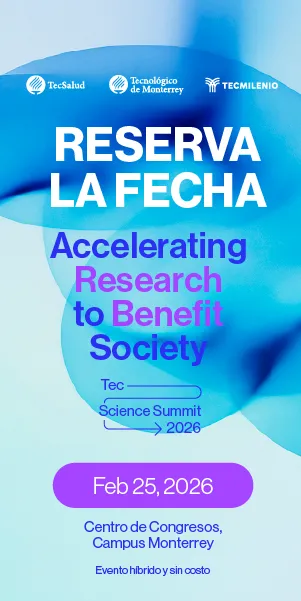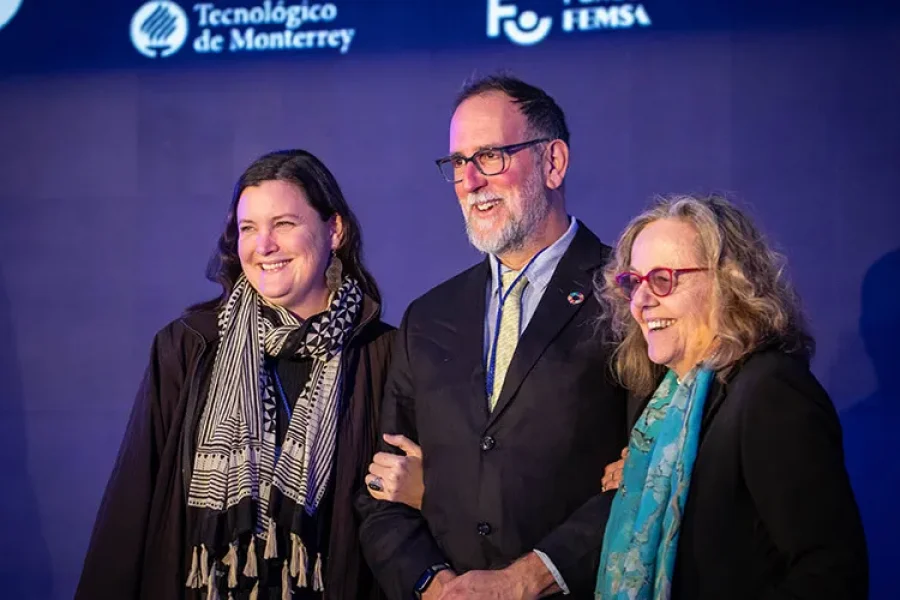A total of 21 presidents from public and private universities have officially launched the Red Mexicana de Universidades por la Acción Climática (Mexican Network of Universities for Climate Action).
This declaration commits the participating institutions to four key pillars:
- Education: To equip young people with the awareness and tools they need to face the climate crisis head-on.
- Research: To better understand the causes and effects of climate change from across the disciplines and to develop innovative, real-world solutions.
- Cultural outreach: To foster collective learning, dialogue across sectors, and social inclusion.
- Institutional commitment: To lead by example by reducing carbon footprints internally and adapting responsibly to today’s challenges—and those that lie ahead.
Among the signatories are Tecnológico de Monterrey, the National Autonomous University of Mexico (UNAM), the Benemérita Autonomous University of Puebla (BUAP), El Colegio de México, the National Polytechnic Institute (IPN), the Western Institute of Technology and Higher Education (ITESO), Universidad Anáhuac, the Autonomous University of Nuevo León (UANL), and the Metropolitan Autonomous University (UAM).
Juan Pablo Murra, rector of Tecnológico de Monterrey, emphasized that addressing the damage caused by climate change is not only a complex and systemic challenge but also “a public good—where the benefits are collective and in the future, and the costs are individual and in the present,” he said.
Speaking at the Summit of University Presidents for Climate Action—held at UNAM and co-organized with Tecnológico de Monterrey—Murra noted that this new network “will generate net benefits for our society, our economy, our climate security, and our Nation.”
He also described the climate crisis as a wicked problem—a term used to describe issues that are hard to define, involve many interrelated causes, and don’t have a single, clear solution. Tackling it, he said, will require bold, collaborative, and systems-based thinking.
“I truly believe that if there’s a place in Mexico where this kind of work can be done, it’s in our universities—and what better way to do it than together.”
Research to Tackle Climate Change
One of the cornerstone elements of this alliance is scientific research. The goal is to generate, apply, and share knowledge and perspectives from across disciplines to better understand the root causes, effects, and future impacts of climate change.
Ultimately, the aim is to build better, more effective solutions and implement them through innovation, entrepreneurship, institutional commitment, and sound public policy.
Murra reminded attendees that Tecnológico de Monterrey has been publicly addressing the environmental and climate crisis for over 30 years and has taken various steps to reduce greenhouse gas emissions. However, he acknowledged that these actions alone “haven’t been enough” to match the scale of the challenge.
“We need to be innovative in the way we shape public policy, rethink consumption habits and economic models, and develop the technologies we need—not necessarily to reach net zero, I’m not sure if that’s viable, feasible, or even convenient—but to get to a number close to it, and far from where we stand today,” he explained.

“This Is Not an Abstract Emergency”
Leonardo Lomelí, Rector of the National Autonomous University of Mexico (UNAM), described today’s many socio-environmental crises as “a civilizational tipping point” that calls into question the very foundations of our way of life—how we consume, produce, and organize as a society.
“This is not an abstract urgency, but rather an unavoidable responsibility,” he stated. “As university leaders, heading institutions that educate thousands of students each year, we reaffirm that higher education must play a decisive role in the transition toward a fair, regenerative model of development—one grounded in critical thinking.”
Lomelí emphasized that the climate emergency is not a distant threat but a present injustice that affects people unequally. He pointed out that the most vulnerable communities are the first to suffer its consequences.
“Between 1990 and 2020, the richest 10% of the global population was responsible for 66% of the rise in global temperatures. The richest 1% alone accounts for one-fifth of total warming. In contrast, the poorest 50% contributed only 10% of emissions. This inequality is devastating,” he added.
In this context, he argued, higher education institutions cannot afford to remain neutral.
“That’s why this summit is so important—it brings us together and urges us to renew our shared commitment. We must draw a common roadmap because isolated efforts will never be enough. We need inter-university alliances, multilevel collaboration, and local engagement.”
Lomelí added that academic institutions can make concrete contributions to climate mitigation through curriculum reform that embeds sustainability, environmental ethics, and socioecological justice across all fields. He also highlighted the need to promote applied research, not just diagnostic studies, as well as to encourage student participation and agency as a driving force for change.
He closed by thanking Tecnológico de Monterrey for its leadership in the summit, along with the participating institutions, faculty, and students committed to advancing this shared agenda.
Ruta Azul: A Model for Climate Action
Juan Pablo Murra also shared some of the actions undertaken by Tecnológico de Monterrey, with special emphasis on the Ruta Azul initiative, a project he said he was especially proud of, which began five years ago.
“Today, we consume less energy than we did five years ago. Sixty percent of our energy is renewable, we use less water, send less waste to landfills, and we take better care of surrounding ecosystems,” he said.
He closed with a hopeful message that resonated with fellow rectors and speakers alike:
“Because if those of us gathered here today don’t believe the future can be better, we won’t even try to fix it,” he said.
“Hope comes from seeing what others are doing—and today, my hope grows from seeing what my colleagues across so many universities are doing. I’m truly grateful for this space, and, both personally and on behalf of Tec, I’m eager to keep building together with each and every one of you,” he concluded.
Did you find this story interesting? Would you like to publish it? Contact our content editor to learn more at marianaleonm@tec.mx

















